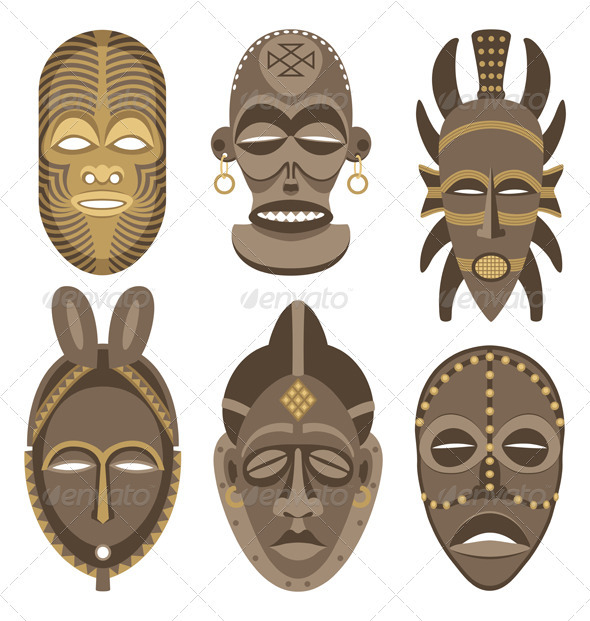LITR 5831
World / Multicultural Literature: Tragedy & Africa

Lecture Notes
Course Introduction: Tragedy and Africa
rationale for course
premise 4 and midterm question: What do we gain as readers by bringing two such distinct literary traditions into dialogue?
![]() separated by time (2500 years)
separated by time (2500 years)
![]() separated by space [Mediterranean & sub-equatorial Africa)
separated by space [Mediterranean & sub-equatorial Africa)
![]() separated by inclusion in literary canon or Western Civilization
separated by inclusion in literary canon or Western Civilization
![]() separated by "formal genre"; i.e., Greek tragedies are dramas, but most African
literature in our seminar is fiction or novel.
separated by "formal genre"; i.e., Greek tragedies are dramas, but most African
literature in our seminar is fiction or novel.
How have the two topics come together in my teaching career?
Tragedy
always admired Tragedy as the most strenuous and rewarding literature, comports with liberal mindset (JFK "We do these things not because they are easy but they are hard.")
studied classical tragedy as undergrad, undergrad best friend totally committed to Greek tragedy
studied and taught Eugene O'Neill (USA's greatest tragedian) in 70s and 80s; studied / taught with O'Neill scholar for PhD
at UHCL 20 years ago, given undergrad Tragedy course to teach when another faculty member left & taught it regularly since
African literature
1980s (between MA & PhD) I devoted myself to reading more world literature, including African literature
Amos Tutuola, The Palm-Wine Drinkard (1946), My Life in the Bush of Ghosts (1954): surreal, semi-comic magic realism based on Yoruba (Nigeria) folktales.
taught Things Fall Apart and The Rape of Shavi in colonial-postcolonial literature
Tragedy & Africa
Recall some students in 1990s discussing a high school teaching Things Fall Apart as an example of Tragedy. (High schools often do a representative Greek tragedy like Antigone or Oedipus the King, plus Things Fall Apart has increasingly appeared in the American secondary curriculum.)
Hired mostly to teach minority and multicultural literature, but increasinlgy concerned with "ghettoization" of multicultural studies.
colonial-postcolonial literature as effort to combine "classical western literature" with "multicultural or representative literature" (also Immigrant Literature this summer)
Re-fashioned American literature courses to integrate more diverse texts and voices
Teaching at prison: "ghetto-ization" of minority literature especially polarizing
Conditions at prison: no funds for new books, but program had previously purchased some African novels and plays
I taught undergrad Tragedy at prison, saw availability of African novels, tried putting together
taught twice at prison campus
unclear how well prepared students were to put the two worlds together, but they admired and learned from both sets of texts.
long and winding story
can't expect anyone to share my biography
when people ask me what I'm teaching and I mention a new course called "Tragedy and Africa," they seem to like what they hear, but not sure if it's for the right reasons.
Downsides or problems of course:
Tragedy (dramatic) is an almost exclusively male-authored genre
Offsets:
numerous tragic novels or tragic romances written by women (George Eliot, Mary Shelley, Toni Morrison, Virginia Woolf)
classical tragedies often feature women in prominent roles, particularly at the threshold of private and public identities
webpage is built from scratch--inconsistencies and glitches inevitable
I've taught tragedy far more than African literature
knowledge of criticism of African literature limited, will extend if seminar is offered again, have to start somewhere
too many presentations for too few students--try to have at least one student presentation / discussion per class
provide input on how to manage

